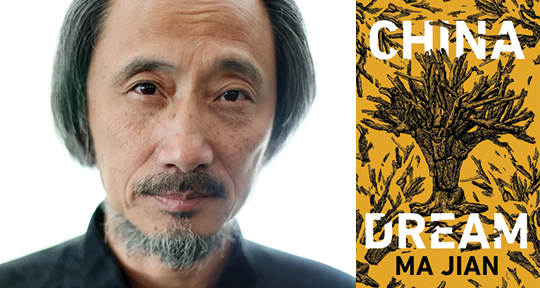This week, Asymptote‘s Editors-at-Large bring us news on literary festivals, award-winning works, and poetry open-mics in Bulgaria, India, and the United States! From discussions of disinformation and machine translation at the Sofia International Literary Festival, to a poem performed in the Metaverse, to double-Booker wins in South Asia, read on to learn more!
Andriana Hamas, Editor-at-Large, reporting from Bulgaria
Writers are powerful creatures. They think up imaginary worlds that sometimes appear more tangible than the mundane reality most of us face on a daily basis. What happens, however, when malicious groups deliberately blur the line between illusion and fact in an attempt to sway public opinion in a specific direction? How does one fight disinformation, and can literature teach us to differentiate between the plausible and the ridiculous? These are only some of the questions the 2022 edition of the Sofia International Literary Festival, held December 6–11 during the Sofia International Book Fair, endeavored to answer.



